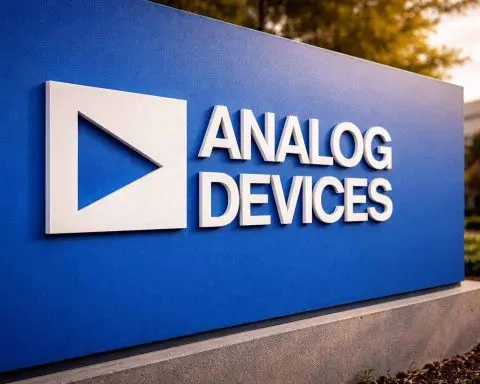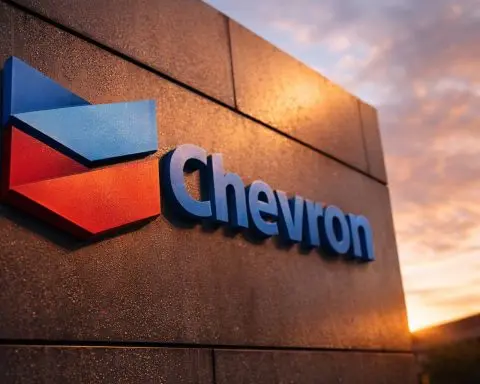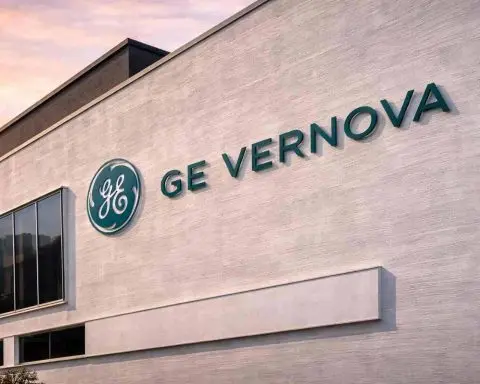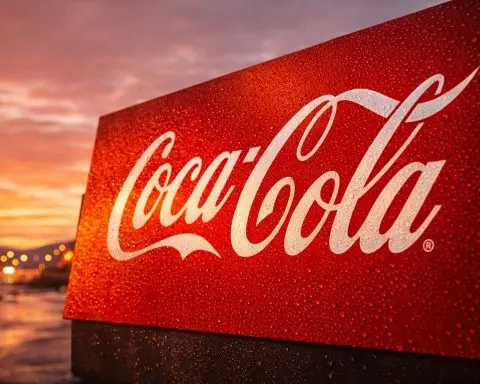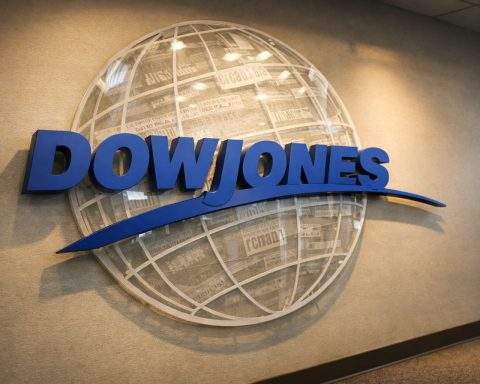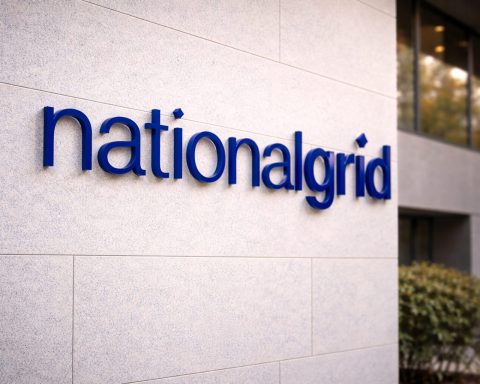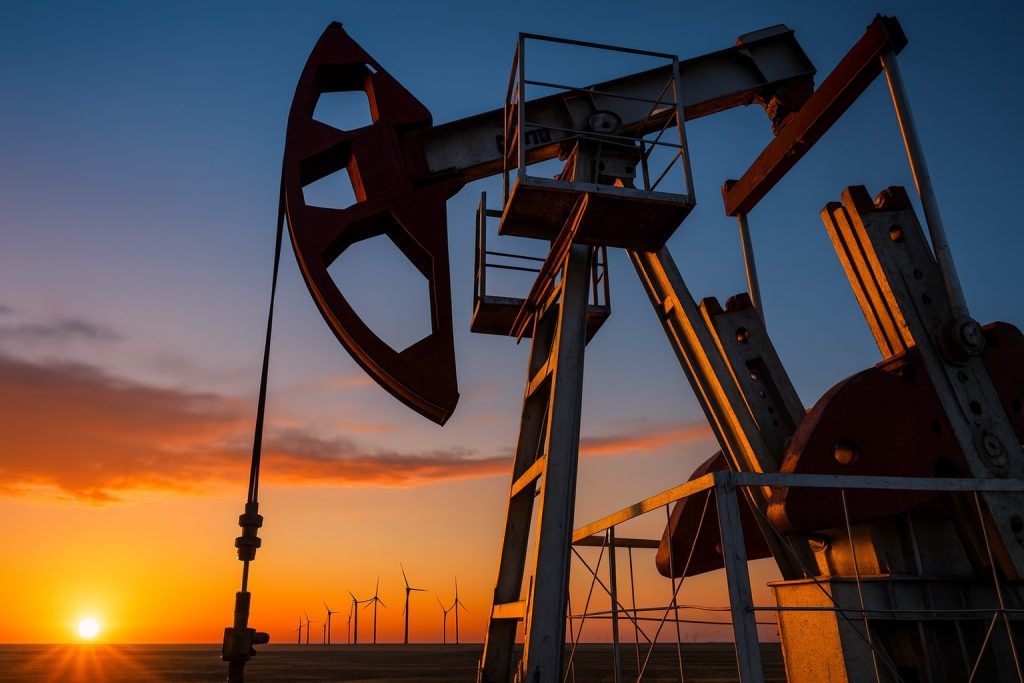Published: November 14, 2025
Elon Musk is closing in on an almost unimaginable milestone: a personal fortune of roughly half a trillion dollars, and a new Tesla compensation plan that could, on paper, make him the world’s first trillionaire.Wikipedia+1
But today, November 14, 2025, the story is no longer just about how much money Musk has. It’s about whether he shouldhave this much, what he actually does with it, and what Tesla’s record-breaking $1 trillion pay deal says about modern capitalism.
Where Elon Musk’s Net Worth Stands Today
In early October, Forbes and other trackers reported that Elon Musk had briefly become the first person in history to cross the $500 billion mark in net worth, powered by surging Tesla shares and rising valuations for SpaceX and his newer ventures.Wikipedia+1
As of mid‑November, estimates vary slightly by index, but they generally place Musk’s wealth between about $470 billion and $500 billion, keeping him comfortably at the top of the global rich list.Wikipedia+1
A widely shared analysis from Finance Magnates today notes that Google searches for “Is Elon Musk a trillionaire?” are spiking, even though the answer is still no. It points out that most of Musk’s wealth is tied up in equity—Tesla, SpaceX and others—rather than piles of cash, but concedes that the headline figure is “hard to ignore.”Finance Magnates
In other words: the money may be mostly on paper, but the power and symbolism are very real.
Inside Tesla’s Record $1 Trillion (or $878 Billion) Pay Package
The fuel for that “trillionaire” conversation is Tesla’s newly approved compensation plan for Musk—a package that headlines round up to $1 trillion, but which analysts say is realistically worth about $878 billion after stripping out the value of existing shares.Reuters+1
How the deal works
According to Tesla’s SEC filings and multiple news reports:
- Musk receives no salary or cash bonus under the new deal. Compensation is entirely in stock options.Al Jazeera+1
- The grant is broken into a series of tranches. Each tranche vests only if Tesla hits:
- A business milestone (for example, annual vehicle deliveries or profits), and
- A market-cap milestone (Tesla’s total stock market value).Reuters+1
- Each successful pair of milestones gives Musk roughly 1% of Tesla’s outstanding shares. If he hits all of them, his stake could rise by about 12 percentage points, potentially worth around $1 trillion at target valuations.Reuters+1
The bar is deliberately sky‑high. Targets reported by Reuters and others include:Reuters+2WIRED+2
- Boosting Tesla’s market value from roughly $1.5 trillion to $8.5 trillion by 2035.
- Delivering around 20 million vehicles a year.
- Generating up to $400 billion in core profit annually.
- Deploying 1 million robotaxis and 1 million humanoid Optimus robots.
- Signing up millions of paying Full Self‑Driving (FSD) subscribers.
If Musk falls short of the most extreme goals, he can still unlock multiple tranches worth tens or even hundreds of billions of dollars—which is why some critics argue the “$1 trillion” headline is more marketing than realistic forecast.Reuters+1
Why Shareholders Said Yes
On November 6, Tesla shareholders voted at the company’s annual meeting in Austin, Texas. More than 75% of votes cast backed the package, making it the largest approved CEO compensation deal in corporate history.Reuters+2WIRED+2
Reuters reports that Musk, allowed to vote his roughly 15% stake, bounded onto the stage to a standing ovation, accompanied by dancing Optimus humanoid robots. The board argued the pay plan was necessary to keep Musk focused on Tesla as it morphs from a pure EV company into an AI and robotics platform.Reuters+1
Shareholders simultaneously approved:
- Investment from Tesla into Musk’s separate AI startup xAI.
- The re‑election of several directors.
- Governance tweaks including annual board elections.Reuters+1
Some institutional investors, however, voted no, including Norway’s sovereign wealth fund and major proxy advisory firms, citing dilution and governance concerns.Reuters+1
The “superstar CEO dilemma”
This vote plays into what The Economist and other analysts describe as the “superstar CEO” problem: companies become so dependent on a charismatic leader that boards feel compelled to offer eye‑watering incentives rather than risk losing them.The Economist+1
That dynamic isn’t new for Tesla. Somali‑language coverage earlier this year highlighted that, even after steep share-price drops linked to Musk’s political clashes, many shareholders remained optimistic because of his long‑promised robotaxis and humanoid robots.Oodweynenews.com Oodweyne News+1
For devoted Musk believers—many of them retail investors who see themselves as part of a movement—voting “yes” looked like a bet on a sci‑fi future in which Tesla dominates autonomous driving and robotics, and their stock rides along.
How Elon Musk Actually Spends (and Saves) His Money
Given the size of the numbers involved, a natural question keeps trending: What does Elon Musk do with all his money?
A detailed explainer from The Times of India this week, now widely quoted in tech and finance coverage, paints a picture that is both austere and extravagant.The Times of India+1
The minimalist billionaire
On the “modest” side:
- Musk has repeatedly claimed that his primary residence is a roughly $50,000 prefab home near SpaceX’s Starbase in Texas, and that he sold off most of his luxury real estate.The Times of India+1
- At one point he unloaded a Los Angeles property portfolio worth about $100 million, publicly vowing to “own no house.”The Times of India
Even his former partner Grimes has described his lifestyle at times as closer to “below the poverty line” than typical billionaire excess.The Times of India
The car collection, jets and X
On the indulgent side, Musk still indulges deeply in certain passions:The Times of India+1
- A high‑end car collection, including a classic Ford Model T, a 1967 Jaguar E‑Type, a rare McLaren F1 he once famously crashed, and the James Bond Lotus “Wet Nellie” submarine car.
- Multiple Gulfstream private jets, which he defends as productivity tools that let him hop between Tesla, SpaceX, Neuralink and other projects at extreme speed.
- A $44 billion purchase of Twitter, now rebranded X, transforming it into his envisioned “everything app” for payments, content and communications.The Times of India+1
The Musk Foundation and “cash‑poor” image
Musk has often called himself “cash poor” and argues that most of his wealth is effectively ploughed back into big projects: reusable rockets, AI research, global satellite internet and an eventual human presence on Mars.Wikipedia
His wealth is managed by a family office called Excession LLC, while his philanthropic arm, the Musk Foundation, states goals ranging from renewable energy to AI safety.Wikipedia
But investigative reporting has raised questions:
- The foundation’s assets reached about $5 billion by the end of 2022, mostly Tesla stock, yet it has historically paid out less than 5% of assets annually—below the typical legal minimum for U.S. foundations.Wikipedia
- Roughly half of its grants have gone to organizations tied to Musk, his companies, or close associates.Wikipedia
Critics say that while Musk talks about “saving humanity,” his formal philanthropy has been relatively restrained given his wealth.
Today’s Flashpoint: Billie Eilish vs. Elon Musk
The sharpest cultural backlash to Musk’s money mountain exploded this week, and it’s still unfolding today.
Multiple outlets report that pop star Billie Eilish used Instagram Stories to call out Musk’s soaring net worth and Tesla deal, resharing a viral activist carousel that listed what his fortune could do: end world hunger, provide universal clean water for years, rescue thousands of endangered species, and help rebuild war‑torn regions like Gaza, Ukraine and Syria.Finance Magnates+2SoapCentral+2
In her own captions, she laced her criticism with profanity, essentially calling Musk a coward for hoarding wealth instead of deploying it to solve global crises.Finance Magnates+2SoapCentral+2
Eilish has been consistent on this theme: at last month’s WSJ Magazine Innovator Awards, she asked the audience, “If you’re a billionaire, why are you a billionaire?”—then announced millions in donations to various causes.SoapCentral
Her latest comments tap into a broader mood:
- Labour unions and progressive politicians in the U.S. and Europe have condemned Musk’s pay package as obscene, especially as Tesla cuts jobs and pushes workers harder in its factories.Reuters+1
- Public‑interest groups like Public Citizen argue the deal is risky for investors and the public, citing Tesla’s heavy reliance on government support and longstanding concerns about Musk’s distractions and behavior.Public Citizen
- Economist and former U.S. Labor Secretary Robert Reich wrote today that Musk’s trillion‑dollar pay, juxtaposed with the election of a socialist mayor in New York City, may signal that America’s “harsh capitalism” is finally hitting political limits.miningjournal.net
The pushback is no longer niche. It’s pop‑cultural, political and global.
Blue Origin’s Big Win: Musk’s Space Rival Levels Up
As Musk basks in net‑worth headlines and social‑media fury, Jeff Bezos’s Blue Origin has quietly scored its most important victory yet.
Yesterday, Blue Origin successfully launched its New Glenn heavy‑lift rocket from Cape Canaveral, carrying NASA’s twin ESCAPADE probes toward Mars—and, crucially, sticking the landing of its reusable booster.Finance Magnates
Reusable heavy rockets are a domain Musk’s SpaceX has dominated for years. The New Glenn success is widely seen as proof that Blue Origin is finally catching up in deep‑space and high‑value satellite launches.
Musk publicly congratulated Bezos and the Blue Origin team on X, but the optics are stark: while he is under fire for extreme wealth and pay, his top rival is suddenly eroding his technological lead.Finance Magnates
New Musk Headlines Today (14 November 2025)
Beyond the long‑term questions, several fresh developments involving Musk and his companies have hit the wires today:
1. Tesla stock volatility after the pay vote
New market commentary notes that Tesla shares have fallen around 10% since the pay package approval, even as some Wall Street analysts remain bullish on its AI and robotaxi future. One analysis quotes an upbeat view that Tesla could “own 80% of the autonomous landscape” over the next decade, while warning that investors must stomach substantial volatility.IndexBox+1
2. X launches encrypted “X Chat”
Tech outlets report that Musk’s social platform X is rolling out X Chat, a new encrypted messaging product that replaces traditional DMs and supports large file transfers and PIN‑protected access. It’s pitched as a full‑stack communication tool that moves X closer to Musk’s “everything app” ambition.Gadgets 360
3. X Corp lawsuit against Apple and OpenAI survives
In U.S. courts, Musk’s X Corp just cleared a key hurdle in its antitrust lawsuit accusing Apple and OpenAI of conspiring to monopolize smartphone and AI chatbot markets. A federal judge refused to dismiss the suit, allowing the case to proceed.Benzinga
4. xAI funding rumours denied
Separately, Musk has again denied media reports that his AI startup xAI has raised a $15 billion mega‑round at a $200 billion valuation, calling the latest CNBC story “false” on X. This comes after he shot down similar fundraising claims earlier this year, suggesting either deep secrecy around xAI’s capital structure or aggressive speculation by markets.Reuters
5. Errol Musk takes aim at U.S. politics
A new piece from The Times of India today quotes Musk’s father, Errol Musk, warning that the United States could “go the South Africa way” if current trends continue—a remark that’s likely to further stir debate around the Musk family’s politics and influence.The Times of India+1
Together, these stories underscore that Musk’s reach now stretches across EVs, rockets, AI, social media, and even geopolitics—all while the debate over his personal fortune intensifies.
Can Elon Musk Really Become the World’s First Trillionaire?
So is the trillionaire talk hype, or a plausible outcome?
The bull case
Supporters point out that:
- Musk is already $150 billion to $200 billion ahead of his nearest rival on some rich lists.Forbes+1
- If Tesla ever approaches the $8.5 trillion valuation built into the pay plan, and Musk secures the extra ~12% stake, his net worth could easily sprint past $1 trillion—even without factoring in SpaceX, xAI or X.Reuters+1
- SpaceX, Starlink, and AI ventures could add hundreds of billions more on paper if markets keep rewarding long‑term growth stories.
From this angle, the “trillionaire” label looks less like fantasy and more like an aggressive but conceivable extension of trends that have already defied expectations.
The bear (and realist) case
Skeptics, including a widely read essay in The Ringer, argue that the $1 trillion headline is deliberately theatrical: mathematically possible but designed more to generate buzz than to describe a likely outcome.The Ringer+1
Key risks:
- Hitting 20 million vehicles a year and $400 billion in profit would require Tesla to outgrow every auto maker in history while fending off intense competition from China, legacy automakers and new EV startups.Reuters+1
- Regulatory pushback on robotaxis and humanoid robots could slow or block the very milestones that unlock the richest tranches.WIRED+1
- Musk’s own track record is full of over‑optimistic timelines—from repeated “two years away” promises for full self‑driving to missed targets on robotaxis and Cybertruck volumes.The Ringer+1
- Social and political backlash over extreme inequality may translate into tougher taxation or regulation of ultra‑rich fortunes, especially if public anger continues to grow.miningjournal.net+1
In this view, Musk is very likely to grow even richer. But the exact trillion figure is less a forecast than a symbol of how far CEO pay and corporate storytelling have stretched.
What Musk’s Money Mountain Says About the Rest of Us
Elon Musk’s near‑$500 billion net worth and Tesla’s $1 trillion pay package are more than tabloid fodder. They’re a stress test for our economic and political systems.
- For investors, the package is a high‑stakes bet that one volatile, polarizing leader can deliver on an extraordinarily ambitious AI‑and‑robots future.
- For boards and regulators, it raises urgent questions about how far companies should go to retain “irreplaceable” talent—and whether such deals distort corporate governance.The Corporate Governance Institute+1
- For society, it’s becoming a cultural lightning rod. When a Gen‑Z superstar like Billie Eilish is attacking a tech billionaire in language usually reserved for private group chats, something has clearly shifted in how the ultra‑rich are perceived.Finance Magnates+2SoapCentral+2
As of today, November 14, 2025, Elon Musk is not yet a trillionaire. But thanks to Tesla’s record‑breaking pay vote and the furious debate it has unleashed—from Wall Street to TikTok—the world is being forced to ask a deeper question:
How much reward, power and influence is too much for one person, no matter how visionary they appear to be?

